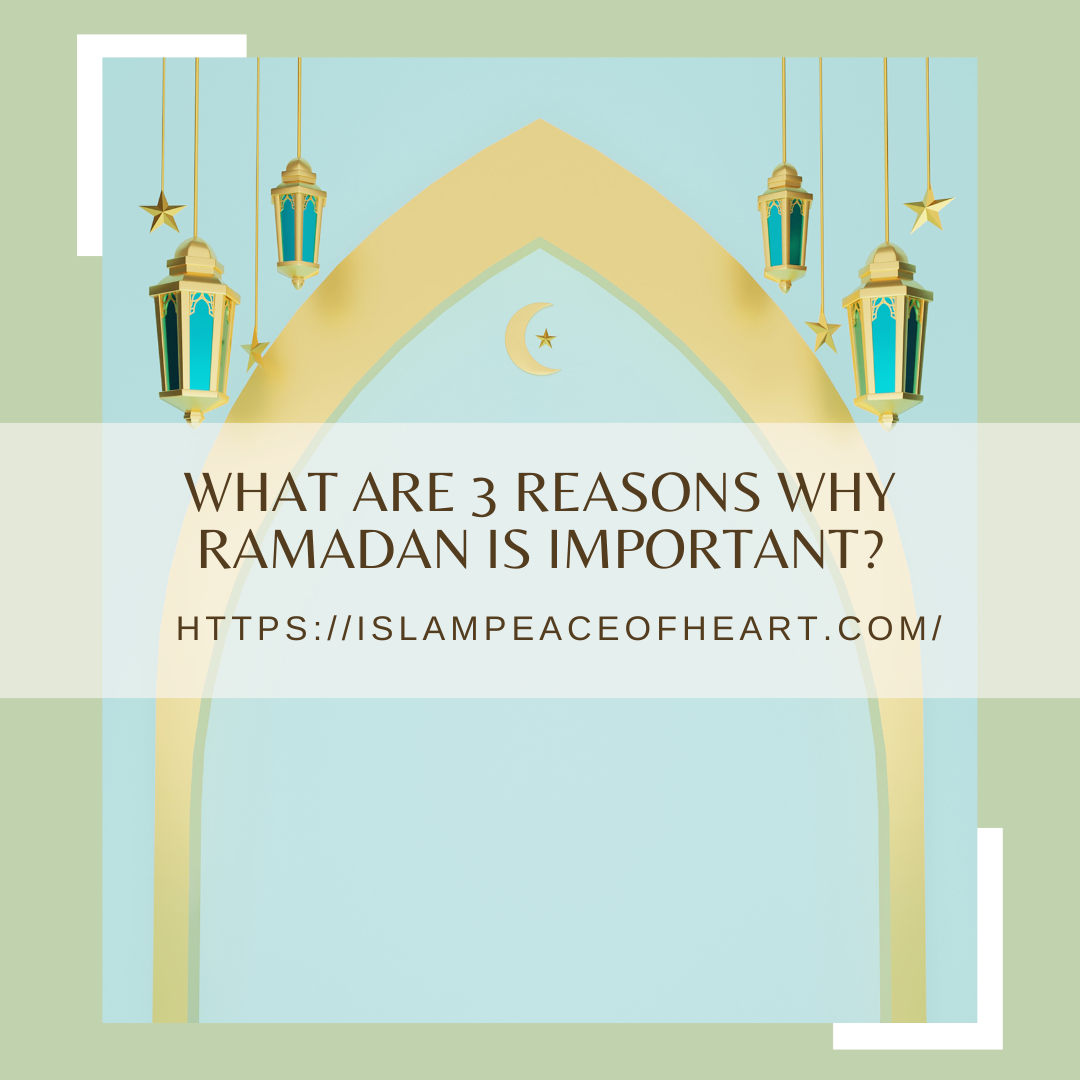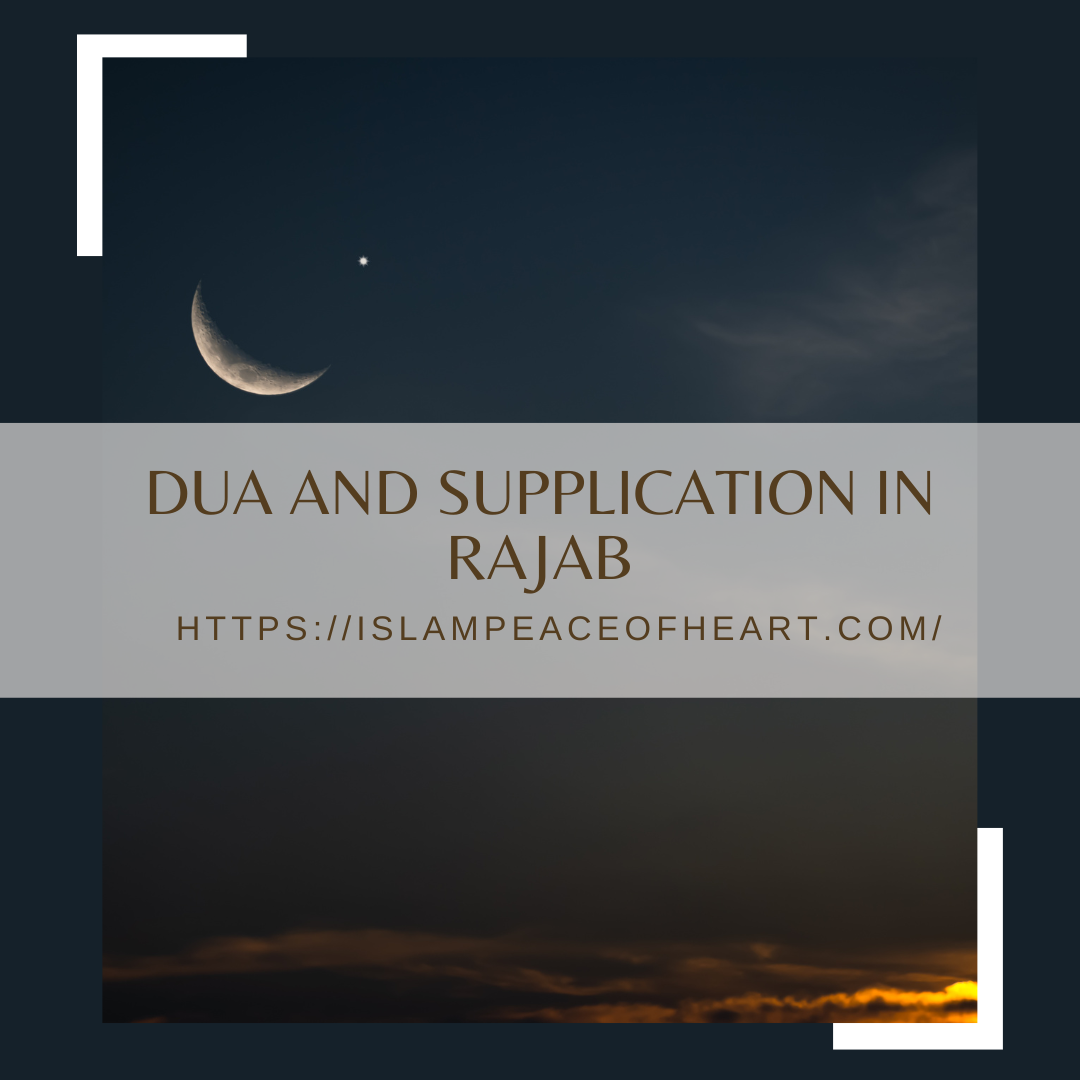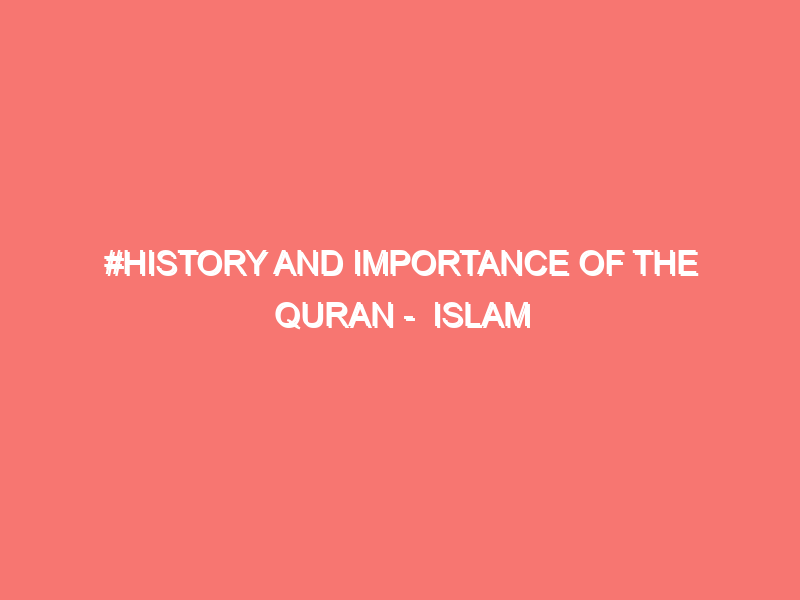1
 #How to remember Surah Mulk? – Islam Peace Of Heart
2
#How to remember Surah Mulk? – Islam Peace Of Heart
2
 #Why is Surah Yaseen So Powerful? – Islam Peace Of Heart
3
#Why is Surah Yaseen So Powerful? – Islam Peace Of Heart
3
 #What Is The Dua For Fasting And Iftar? – Islam Peace Of Heart
4
#What Is The Dua For Fasting And Iftar? – Islam Peace Of Heart
4
 #What are 5 benefits of fasting? – Islam Peace Of Heart
5
#What are 5 benefits of fasting? – Islam Peace Of Heart
5
 #What Are 3 Reasons Why Ramadan Is Important? – Islam Peace Of Heart
6
#What Are 3 Reasons Why Ramadan Is Important? – Islam Peace Of Heart
6
 #Fasting in Ramadan – Islam Peace Of Heart
7
#Health And Wellness During Ramadan – Islam Peace Of Heart
8
#The Relationship Between Shaban and Ramadan – Islam Peace Of Heart
9
#Fasting in Ramadan – Islam Peace Of Heart
7
#Health And Wellness During Ramadan – Islam Peace Of Heart
8
#The Relationship Between Shaban and Ramadan – Islam Peace Of Heart
9
 #The Night of Baraat- Its Importance and Practices – Islam Peace Of Heart
10
#The Night of Baraat- Its Importance and Practices – Islam Peace Of Heart
10
 #Dua and Supplication in Rajab – Islam Peace Of Heart
#Dua and Supplication in Rajab – Islam Peace Of Heart
 #How to remember Surah Mulk? – Islam Peace Of Heart
2
#How to remember Surah Mulk? – Islam Peace Of Heart
2
 #Why is Surah Yaseen So Powerful? – Islam Peace Of Heart
3
#Why is Surah Yaseen So Powerful? – Islam Peace Of Heart
3
 #What Is The Dua For Fasting And Iftar? – Islam Peace Of Heart
4
#What Is The Dua For Fasting And Iftar? – Islam Peace Of Heart
4
 #What are 5 benefits of fasting? – Islam Peace Of Heart
5
#What are 5 benefits of fasting? – Islam Peace Of Heart
5
 #What Are 3 Reasons Why Ramadan Is Important? – Islam Peace Of Heart
6
#What Are 3 Reasons Why Ramadan Is Important? – Islam Peace Of Heart
6
 #Fasting in Ramadan – Islam Peace Of Heart
7
#Health And Wellness During Ramadan – Islam Peace Of Heart
8
#The Relationship Between Shaban and Ramadan – Islam Peace Of Heart
9
#Fasting in Ramadan – Islam Peace Of Heart
7
#Health And Wellness During Ramadan – Islam Peace Of Heart
8
#The Relationship Between Shaban and Ramadan – Islam Peace Of Heart
9
 #The Night of Baraat- Its Importance and Practices – Islam Peace Of Heart
10
#The Night of Baraat- Its Importance and Practices – Islam Peace Of Heart
10
 #Dua and Supplication in Rajab – Islam Peace Of Heart
#Dua and Supplication in Rajab – Islam Peace Of Heart















